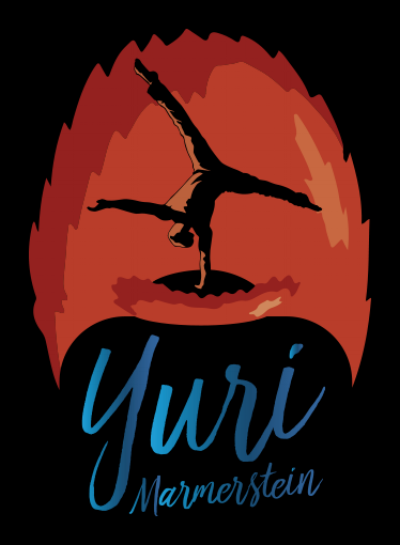Handstands can be one of the most difficult and frustrating physical disciplines to learn.
Progress can be very inconsistent.
However, at the same time I notice people who do the same thing for years and make little to no improvement.
The process towards progressing in this skill can be counter-intuitive, so here are a few common pitfalls experienced by beginner and advanced practitioners alike:
-You don't practice enough
Handstands take serious work, so if your practice consists of "messing around every once in a while", you're probably not getting better.
This is a skill you need to devote some real time to; on top of that consistency of practice is key. Luckily, it takes zero equipment so there should not be any excuses.
-You move too fast
Wall handstand<freestanding handstand<one arm handstand. These are the progressions, right?
Not exactly. There are a multitude of concepts and steps in between that need to be addressed. Many people are too eager to see the final product that they miss the process to get there.
The basic rule is that you should feel complete control in your practice. Any "wildness" means that it may be worth it to regress a step or two or reevaluate your technique.
-You haven't properly refined your basics
This is about optimization of technique. Understanding the concepts behind alignment, arm support, breathing, body tension and balance can help a lot when it comes to learning the more advanced skills.
As a beginner, it's worth it to build a base. As an advanced practitioner, it's worth it to keep refining your base. If you advanced learning a technique that is not ideal, it's worth going back to solidify your basics.
Case in point: if it takes you more than one try to find balance on two arms; you are not yet ready to progress to one arm work.
-You spend too much time working on basics
The base is important, but at the same time it's important to begin exposure to higher level skills. Some people spend so much time chasing perfection here that they don't get enough time to train what they're actually trying to work on.
Yes, working basics will help with the advanced skills. However, you won't achieve the advanced skills unless you actually practice them.
-You haven't addressed your physical restrictions
In most adults, excess tension and restrictions in and around the shoulder, wrist, and elbow can impede handstand progress. If you don't take care of these issues, they can have a significant effect on your practice, both technically and aesthetically.
Check out my Wrist and Shoulder sequences on Vimeo to help address some of these issues
Wrist Sequence
Shoulder Sequence

